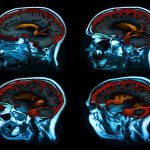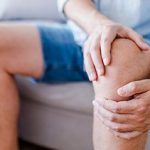
Homemade juices are a popular way for health-conscious people to get their veggies. But the juicing method of choice makes a difference, a recent study suggests. Researchers found that three different techniques — using either a blender or a low- or high-speed juicer — produced beverages with different levels of antioxidants and various plant compounds. But anyone hoping for a simple verdict on the best buy is out of luck. The nutrient findings were mixed, and no “winner” appliance emerged, according to senior researcher Bhimanagouda Patil. “We’re not making any recommendations on which method is best,” said Patil, who directs the Vegetable and Fruit Improvement Center at Texas A&M University. In general, the study found, both juicers beat the blender when it came to antioxidant activity and phenolics — a broad group of plant compounds. Low-speed juicing, in particular, often churned out the highest concentrations. But that also depended on the vegetable in question: With kale, for example, low-speed juicing clearly squeezed out the most phenolics. That wasn’t the case, however, with beets or carrots. Meanwhile, blenders were not always in last place. They performed well when it came to compounds called alpha-amylase inhibitors, which help control blood sugar levels after a meal. “It’s complicated,” Patil said. Beyond that, the study assessed only a limited number of vegetables and plant compounds — what Patil called… read on > read on >















